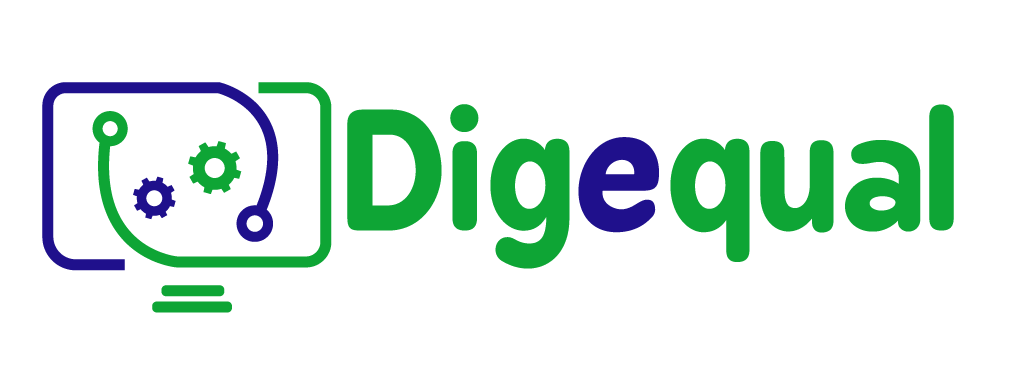Why should I engage in e-education?
e-learning has transformed education, both in schools and in work environments. This type of learning already plays a significant role in the future of education, and many consider it to be the future of education. The advantages of this form of education, and therefore some of the reasons why we should engage in this field, will be explained in more detail in the following sections.
Still, we can begin to name a few reasons that should interest you in getting involved in this type of education.
ain reasons for the importance of online education, focuses on the development of technology and the impact it currently has on all sectors. Digital literacy is one of the main areas of relevance today, and “no one should be left behind”.
Regarding e-learning itself, several studies have found that learners are more engaged online and tend to acquire more knowledge through online learning than in regular classes. This may be because online and multimedia content gives students the opportunity to engage with the given materials in their own time and at their own pace. This leads us to another positive aspect: with e-learning, many disturbances related to “lost” time between going from home to class and back home are eliminated because we can access all the content from our own space. This will help e-learning become a less time-consuming commitment. Also, since online courses tend to have more continuous assessment, this will make students more focused and less distracted while acquiring new knowledge (Christians, 2022).
Taking this from the student’s perspective, we can also say that e-education can help increase the efficiency of the employees who work with it. This is because their opportunities for professional growth increase, and being able to work from a more comfortable space will help increase their happiness, so to speak. This leads us to conclude that e-learning will help students and teachers (Josep, 2022).
And finally, looking at the environmental part of this equation, we can say that e-education is a greener option because, when conducted from home, it massively helps reduce CO2 emissions and energy consumption (Christians, 2022).
As is known, everyone has different learning preferences. This can be due to character or education or just personal taste. Some individuals prefer social and interactive teaching methods, some prefer to be guided through subjects, and others prefer to collaborate with their teachers. E-learning can adapt to everyone’s personal experiences, so it will help maximize the potential and knowledge gained by all (Christians, 2022).
Scepticism around e-education is still huge, and it is sometimes difficult to understand the need to abandon conventional forms of education. However, the number of people who argue that e-learning is, one of the best options, is increasing.
Thus, taking into account the specificities of each individual, e-learning has many advantages. The autonomy and flexibility that e-learning provides is, without a doubt, an important factor. Each individual can learn at his or her own pace in order to enhance their skills.

